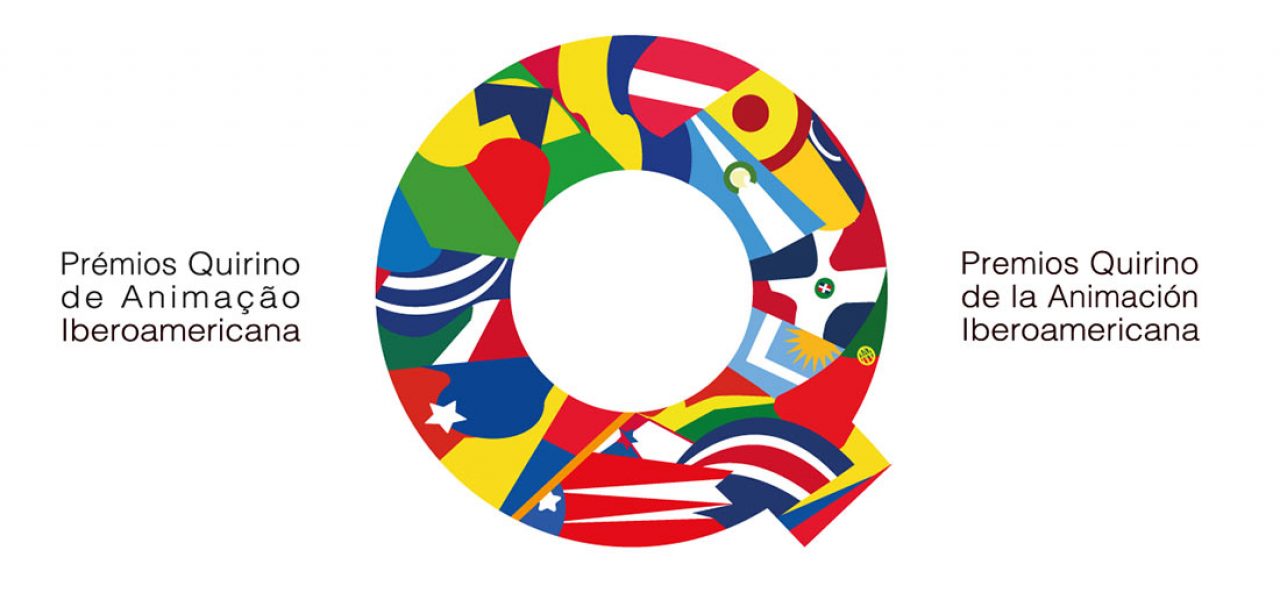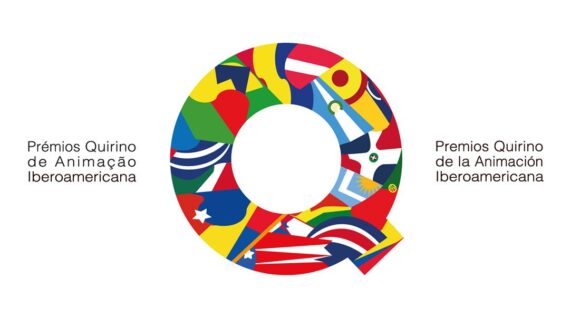

Latin American Animation Leaders Are Gathering For A Big Meeting At The Quirino’s Co-Production Forum
One of the most exciting events at this week’s inaugural Quirino Animation Awards, taking place April 6 and 7 on the island of Tenerife, will be the first Ibero-American co-production forum for animation companies.
The event is set to host 75 companies from 18 different countries across Europe and the Americas, including the Ibero-American states of Argentina, Brazil, Chile, Colombia, Ecuador, Spain, Mexico, Peru, Portugal, and Venezuela, plus companies from the United States, United Kingdom, Belgium, France, Italy, Ireland, Poland, and Sweden.
The event will highlight the wealth of upcoming opportunities in the Latin American animation sector, with a special focus on fostering cooperation between regions and efforts to strengthen the relationship between the Latin American and European animation industries.
Why Ibero-American Animation Is Booming
It is difficult to identify a single factor to explain the current good health of the Latin American animation industry, as the situation varies from country to country. A good starting point however is the strong performance of regional economies between 2004-2013. For a region historically considered to be one of the world’s most volatile in terms of monetary policy and inflation rates, financial stability has allowed animation to come to the fore as a key industrial sector that could help in the cultural and technological development of the region. This represents an important change in perception, because animation has never previously played a significant role in the audiovisual sector for these countries, Brazil and Argentina excepted.
The trend began at the end of the 2000s when the Colombian government issued a set of policies and programs to support local animation companies. The initiative spurred the rapid transformation of the Colombian animation industry from a humble start-up into one of the region’s most promising industries, and established it as an example that was mimicked by other regional players such as Argentina, Costa Rica, and Chile – the latter the only Ibero-American country to win an Academy Award for best animated short film, with A Bear Story.
Since then, the Latin American animation industry has continued to grow. A LatAm Cinema research project in 2016 highlighted more than 85 Latin American feature films pending release, while the same source reported that in 2017 more than a hundred feature films — along with countless tv shows, short films, and other new formats — were in development across the region.

Some Countries In The Region Are Forging Ahead
Although Latin America’s linguistic homogeneity generally favors the internal exchange of products, Brazil remains a relative outsider, partly due to being the only Portuguese-speaking nation on the continent. The country has been the region’s leading producer of animated works since the end of the 1990s, in both quantity and quality.
According to the organizers of Anima Mundi, there are more than 25 animated feature films and 45 television series currently in development in Brazil. There are few countries in the world that can boast enough animated feature films to conduct a poll of their 100 best titles, as Brazil’s largest film critics association did recently.
The two films that topped the rankings — Rio 2096: A Story of Love and Fury and Boy and the World — were also awarded the Cristal Award for best film at the Annecy International Animated Film Festival in 2013 and 2014, respectively.
Largely thanks to an increase in available state funding and the clear preference of local audiences for Brazilian animated tv series, the future of animation production in the country looks very bright.
Mexico is another key player in the region and also enjoys the strongest levels of commercial exchange with the U.S. animation industry. This is evidenced in part by the success of Anima, Mexico’s biggest animation studio, and the only one from Latin America to secure co-production agreements with American streaming giant Netflix.

José Iñesta, a Quirino Awards ambassador and director of Pixelatl festival, cites statistics from the Mexican film chamber Canacine indicating that Mexican animated films only make up 2% of national film production, but account for 80% of the local box office take. Consequently, Iñesta believes that government funds targeted solely at the animation industry would help to build on this huge potential.
The Latin American industry is still in the early stages of building strategic relationships with the U.S. market and international distributors. Trends in recent years have shown though that animated features targeted at Spanish-speaking audiences can successfully fill niches in the U.S. marketplace, as Cartoon Brew has previously covered with examples such as Foosball, Condorito, and A Rooster with Many Eggs.
In addition, recent strategies by American cable channels with Latin American presences, such as Discovery Kids, Nickelodeon, and Cartoon Network, have facilitated greater investment in local animation production and helped to promote young Latin American creators, such as Alan Ituriel’s Cartoon Network Latin America tv show Villainous.

What To Expect At the Quirino Co-Production Forum
For the first time the Quirino Co-Production Forum will facilitate the broadest gathering of Ibero-American animation associations, including ABCA (Association of Brazilian Film Animation), ACDMX (Asociación de Creativos Digitales de México), Animachi Chile, ANIMAR CLUSTER – Cluster Argentino de Animación & VFX, Argentina’s APA, Casa da Animaçao of Portugal, Spain’s DIBOOS, GEMA Colombia – Grupo de Empresarios de Animación, Gremio de Animadores de Ecuador, Peru Animation, and Canary Islands’ SAVE.
This group will participate in a roundtable discussion alongside the Ibermedia Program and the various animation companies in attendance to discuss opportunities for development and financial incentives available to Ibero-American animation.
Producers will also be able to join business-to-business meetings and presentations and engage with a group of national film boards, film commissions, and broadcasters, including Cartoon Network and national public tv broadcasters from Spain, Portugal, Colombia, and Sweden.

For Marta Machado, former president of Brazil’s ABCA and one of the ambassadors for the Quirino Awards, the Quirino co-production forum will be a good opportunity to strengthen bonds in the region. “The more partners you find for your project, the better your chances to widen opportunities for investment and audiences,” she tells Cartoon Brew.
Mexico’s Jose Iñesta believes that the Quirino co-production forum represents a unique opportunity to consolidate Ibero-America as one of the biggest markets of audiovisual content in terms of audience numbers. “It is time that tv broadcasters, distributors, and producers take our proposals seriously,” he says, “and start developing content that finally represents us.”

.png)